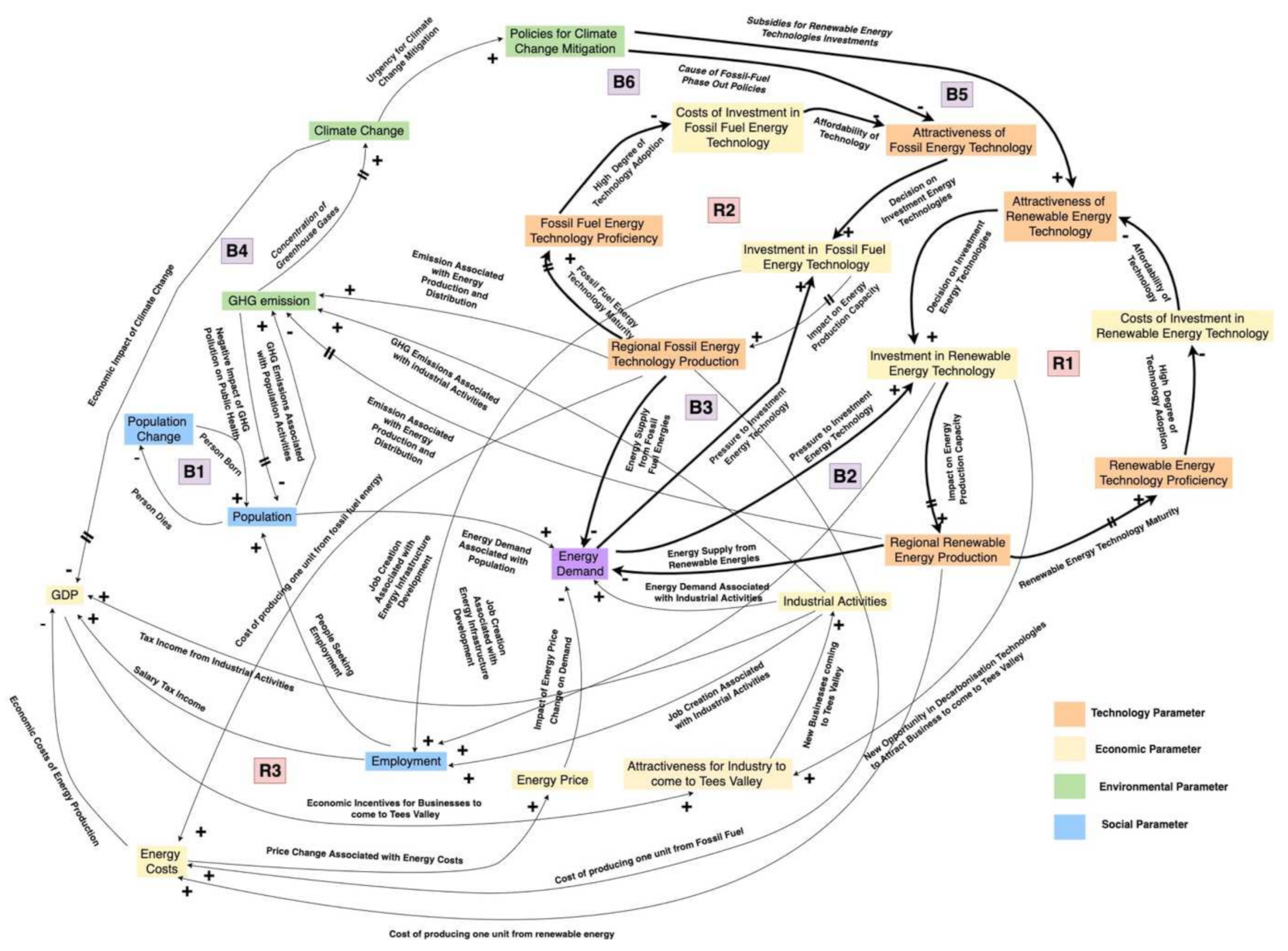
Introduction
According to Matt Davies Stockton, common engineering tiles include software engineers, staff software engineers, and senior software engineers. While these titles are meant to show their role, responsibility, and experience in the team or a company, these titles are becoming quite redundant. Let’s make a case for and against engineering titles.
The Details
1. Small teams – When you work at a small startup with less than 20 software engineers, everyone knows everyone’s strengths and expertise, and reaching out to the right person to solve a problem isn’t an issue. Everyone can fit inside one small room, share lunch at the same table, and know the company’s goal and there is hardly any room for miscommunications. In that kind of environment, engineering titles hardly matter and are very unintuitive.
2. Growing companies – On the other hand, when the startup starts to grow, it becomes progressively difficult to track what each engineer is working on. Meetings also become complicated and it’s hard to grab everyone’s attention. Backend engineers would simply zone out during meetings focused on mobile game architecture and vice versa. That’s when software engineering titles come into play as executives from other companies come in and split large teams based on business units, level, and technical domains.
3. Chaotic transition – As the company reorganizes and everyone gets a new title based on their levels and domain, engineers are also handed out long descriptive documents about their responsibilities and expectations. This is when things start to become chaotic and painful.
Setting titles based on levels is very difficult since individual engineers were involved in multiple roles and worked on different parts of the system when the company was a startup. Some would feel dissatisfied with the management, and some would leave the company. However, a tree-like hierarchical structure is necessary for a growing company that wants to scale its workforce.
4. Hidden titles – In recent years, some companies are experimenting with hidden titles. Working in this kind of environment is interesting since your title is private and you’re not supposed to ask your colleagues unless necessary. Companies are doing this to promote individuality and creativity and to promote easier collaboration without the weight of senior titles hanging down the chain of command.
5. Pay scale – While the need for software engineering titles may vary depending on the technical domain and scale of a company, it’s usually very important for individual workers in a competitive industry. A higher title brings greater responsibilities and is usually accompanied by higher rewards. For instance, while a software engineer earns around $250,000 at Facebook, a senior software engineer earns an average of $400,000 at the same company.
Conclusion
Matt Davies Stockton suggests that engineering titles may be redundant or become important depending on the job, the scale of the company, and other such factors. In small teams, engineering titles hardly matter. On the other hand, they matter a lot to individuals who are trying to switch jobs for a greater role and responsibility in another company.

